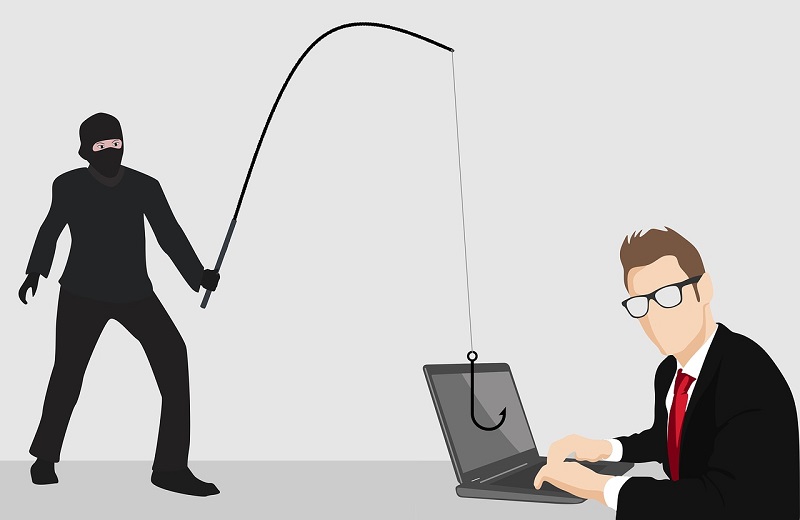As the world moves further online, cyber-criminals have adapted accordingly. Now, more than ever, online crime is a problem. There are a few ways we can prepare for security threats in general, but certain scams require additional preparation. One such scam is phishing, which is nothing new, but it continues to be an issue.
Anyone can fall victim to a phishing scam, too. These types of scams are so successful that cyber-criminals have been known to make huge sums of money from such criminal activities. Sadly, there are no signs of phishing scams coming to a halt anytime soon either.

You could be surfing a safe and legit online platform at www.casino.com/za or purchasing some gifts from a well known online retailer like eBay, only to click on a harmful email without a second thought and inadvertently provide the cyber-criminals with the personal information they require. There are ways in which we can guard against phishing scams, although with new methods continually cropping up it is becoming a lot harder.
How to Guard Against Phishing Scams in South Africa
To help make the job more tricky for cyber-criminals keen to obtain your personal information, here are a few simple and helpful steps you can take.
1. Stay Informed
As we’ve mentioned already, cyber-criminals are looking at new ways in which they can use phishing scams. Therefore, make sure you’re always keeping up to date with the latest cyber-crime news and keep your eyes peeled for any new scams that materialize. If you’re in the know, then you can guard against them.
2. Install an Anti-phishing Toolbar
Most reputable internet browsers provide them, and they’re incredibly helpful, which is why installing an anti-phishing toolbar is a must. It will monitor all of the sites you visit and notify you should you access a malicious, potentially harmful website. Most anti-phishing toolbars are free too, making it an effective way to protect yourself without having to break the bank.
3. Don’t Click Everything
Be sure to think before you click. Phishers are known for sending private messages or random e-mails to people who end up clicking a harmful link which, in turn, provides the criminals with the details they need or gives them the ability to hijack someone’s computer. Some emails may seem legitimate too but, in actual fact, they’re from scammers posing as a reputable company.

4. Check for Spelling and Grammar Mistakes
This feeds into the aforementioned email tactic used by cyber-criminals, with many of them starting emails with “Dear Customer” alongside sending emails riddled with spelling and grammatical errors. If you’re ever in doubt over an email, contact the company concerned to see if it was them who is reaching out to you. Don’t risk clicking a potentially dangerous link.
5. Keep Tabs on All Online Accounts
The average person has a lot of online accounts these days, but not all of them are being used. With that in mind, check all of your online accounts and make sure they aren’t being used by someone else.
If you aren’t using an account, a cyber-criminal could end up having a field day with it. Delete the accounts you don’t use and regularly change the passwords on the accounts you do.
6. Use Firewalls
Firewalls act as a buffer between you, your computer, and outside intruders, making it much harder for cyber-criminals to infiltrate a computer. Make sure you get a desktop firewall and a network firewall.
7. Update your Browser
Updated browsers come with up-to-date security patches, which is why it’s vitally important you regularly update your browser. When you have the chance to download an update, do it.



















